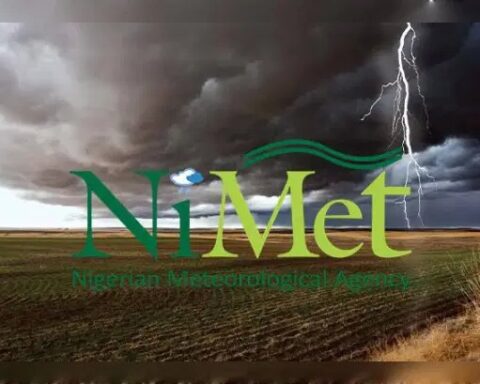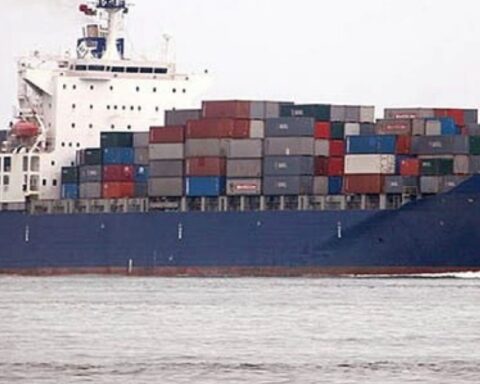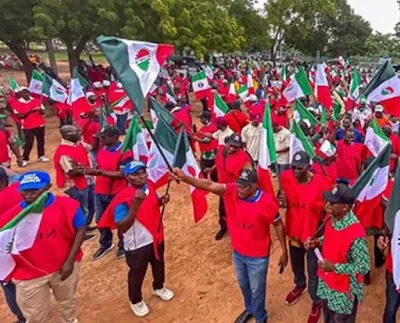By Ajibola Adedoye

As the world sharpens focus on climate action and biodiversity conservation, Nigeria is reasserting its commitment to protecting wetlands—vital ecosystems that sustain livelihoods, biodiversity, and resilience against climate change. This reaffirmation came during an exclusive fireside chat with Dr. Joseph Onoja, Director-General of the Nigerian Conservation Foundation (NCF), who spoke on the significance of the Ramsar COP15 Conference and its implications for Nigeria’s environmental future.
The Ramsar Convention—named after the Iranian city where it was first signed—is a global treaty promoting the conservation and wise use of wetlands. Countries under the agreement, including Nigeria, periodically convene to assess progress and set new conservation goals.
“Wetlands are not apart from us; they are a part of us. If we fail to protect them, they will fail to protect us,” Dr. Onoja emphasized.
Why Wetlands Matter
Dr. Onoja described wetlands as “nature’s silent protectors.” They purify water, recharge groundwater, and provide habitats for aquatic and terrestrial species. From the mangroves of the Niger Delta to the Hadejia-Nguru wetlands in the Sahel, these ecosystems serve as natural buffers against floods and droughts—while supporting agriculture, fishing, and transportation for millions of Nigerians.
“Wetlands are biodiversity hotspots that sustain life and livelihoods. They are critical to Nigeria’s food security and ecological stability,” he noted.
Nigeria’s Role and COP15 Resolutions
Nigeria’s delegation played a prominent role at Ramsar COP15, where key resolutions were adopted to strengthen global conservation. One major outcome was the establishment of the Waterbird Estimate Partnership, a global initiative to coordinate bird counts and data sharing.
Dr. Onoja revealed that Nigeria will be at the heart of this initiative through the Nigerian Conservation Foundation’s long-standing bird monitoring programs.
“The first World Waterbird Estimate will take place in 2027, and Nigeria will be fully involved,” he said.
Another milestone is the planned designation of six additional Ramsar sites across the country—a step expected to boost Nigeria’s conservation credentials and attract international support.
Youth, Climate, and the Future of Conservation
Youth engagement was a recurring theme at COP15. Dr. Onoja highlighted the creation of the “Youths for Wetlands” coalition, to which the NCF is an active signatory.
“Youth have the energy, innovation, and expertise to drive wetland conservation in new ways,” he remarked.
Through NCF’s coastal and mangrove projects, young Nigerians are being trained and empowered to collect environmental data, gaining both experience and income opportunities.
Challenges and Data Gaps
One critical issue raised by Nigeria at COP15 was the need to update outdated wetland data. Many existing records are decades old, limiting effective planning and management.
“Outdated wetland data is not useful. Updating it is critical to know what we still have and how to conserve it,” Dr. Onoja said.
The review process has already spurred proposals for six new Ramsar sites, reflecting a renewed national effort to protect critical habitats.
From Global Policy to Local Action
For Dr. Onoja, conservation must move beyond conferences to real impact in local communities.
“If one country conserves wetlands and another neglects them, migratory birds will still suffer. Conservation has no borders,” he stressed.
Wetland protection also intersects with water security—an emerging global concern.
“Freshwater may look renewable, but the way we are using it, it’s becoming non-renewable,” he warned.
Africa’s Climate Leadership and Indigenous Wisdom
As Africa prepares for Climate Week, Dr. Onoja emphasized the need for unified action, especially in restoring degraded wetlands such as Lake Chad, which has lost over 95% of its size. He also underscored the importance of traditional knowledge, describing indigenous communities as “custodians of conservation wisdom.”
“Without the knowledge of indigenous communities, we would not be talking about wetlands conservation today,” he said.
A Call to Action
Dr. Onoja concluded with a passionate appeal to Nigerians:
“We all have a duty to protect our habitats—forests, wetlands, everything. If we fail, nature will protect itself without us.”
He urged policymakers to implement stronger conservation laws and local communities to guard their resources against exploitation.
“Don’t trade your children’s future for short-term gain. Guard your resources jealously.”
As the world looks toward COP30 in Brazil, Nigeria’s commitment to wetland conservation under Ramsar COP15 marks a significant stride toward balancing development with environmental stewardship—a balance essential for the nation’s ecological and economic survival.



























